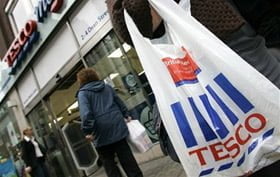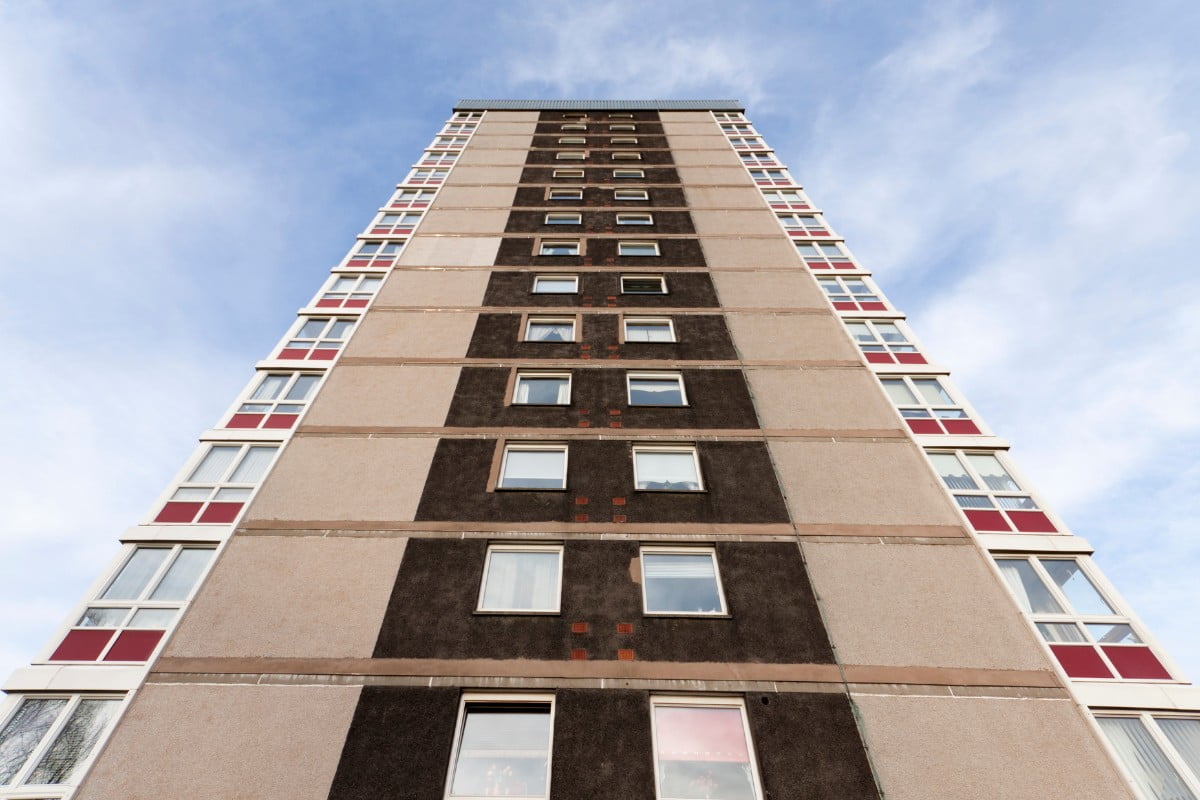The Brown government has been ruthless in attempting to keep
workers’ wage rises to 2%, causing real pain amongst Britain’s poorest workers.
Their justification was that inflation was only 2% and the “country” could not
afford inflationary pay deals.
However, inflation is far higher than 2%, especially for
low-paid families hit by rising gas, electricity, petrol and council tax bills.
Millions will be affected by the scrapping of the 10p tax band. And now figures
reveal that food bills for the average family have gone up by almost £800 a
year in the last 12 months.
Families who have been squeezed by rocketing bills and
higher mortgage and rent costs, are also facing a 15% rise in the cost of many
basic foodstuffs, according to website Mysupermarket.co.uk.
Its survey of the price of 24 common items such as tea bags
and pasta sauce at three major supermarkets showed that a family of four who
were spending £100 on a weekly shop last April would be spending £115 a week
now – or £780 more a year.
Many staple items have been hit by the rising price of
wheat. This has had a direct effect on the cost of many basic items such as
bread and pasta, and increased the price of food for livestock, which is passed
on by farmers to consumers through higher prices for meat and dairy products.
The Mysupermarket.co.uk survey showed a 28p increase in the
price of six pints of semi-skimmed milk at Tesco, Asda and Sainsbury’s, with
shoppers now paying £1.68 compared to £1.40 a year ago.
Egg prices at the three supermarkets have also increased by
almost 50%, from £1.75 a dozen last April to £2.58 today, while the price of a
block of cheddar cheese has risen by more than 25%.
A packet of fusilli pasta has nearly doubled from 37p to
67p, the survey found.
According to Mysupermarket.co.uk, over the past year the
cost of a thick white loaf has gone up by more than 20%, from 54p to 65p, at
both Tesco and Asda.
On top of this, shoppers could soon be paying another 10p
for a standard white loaf after Associated British Foods, which makes Kingsmill
bread, said it was in talks with retailers to raise prices.
"Once again we’re seeing increases in the price of the
average family’s food basket, with wheat- and dairy-based products going up as
much as 61%," said Johnny Stern, director, of the website.
"Many families already struggling under the pressure of
rising costs are seeking ways to cut their grocery bills."
After 11 years of New Labour, there are still 3.8 million
children living in poverty by the government’s own calculation. The gap between
rich and poor is increasing. With the rising cost of living, and wages held
down, this gap will get even wider.
This is a natural consequence of the market economy.
Only a socialist planned economy can resolve this problem by taking over the
commanding heights of the economy and planning our resources in the interests
of the majority of people. Only then can the increasing wealth created by the
labour of society by fairly distributed and our living standards greatly
enhanced.






